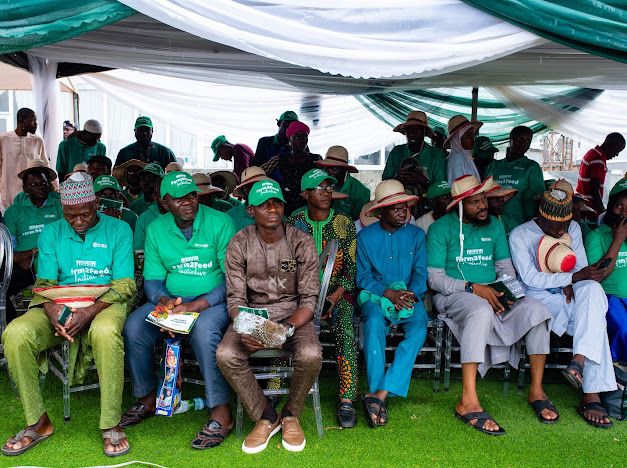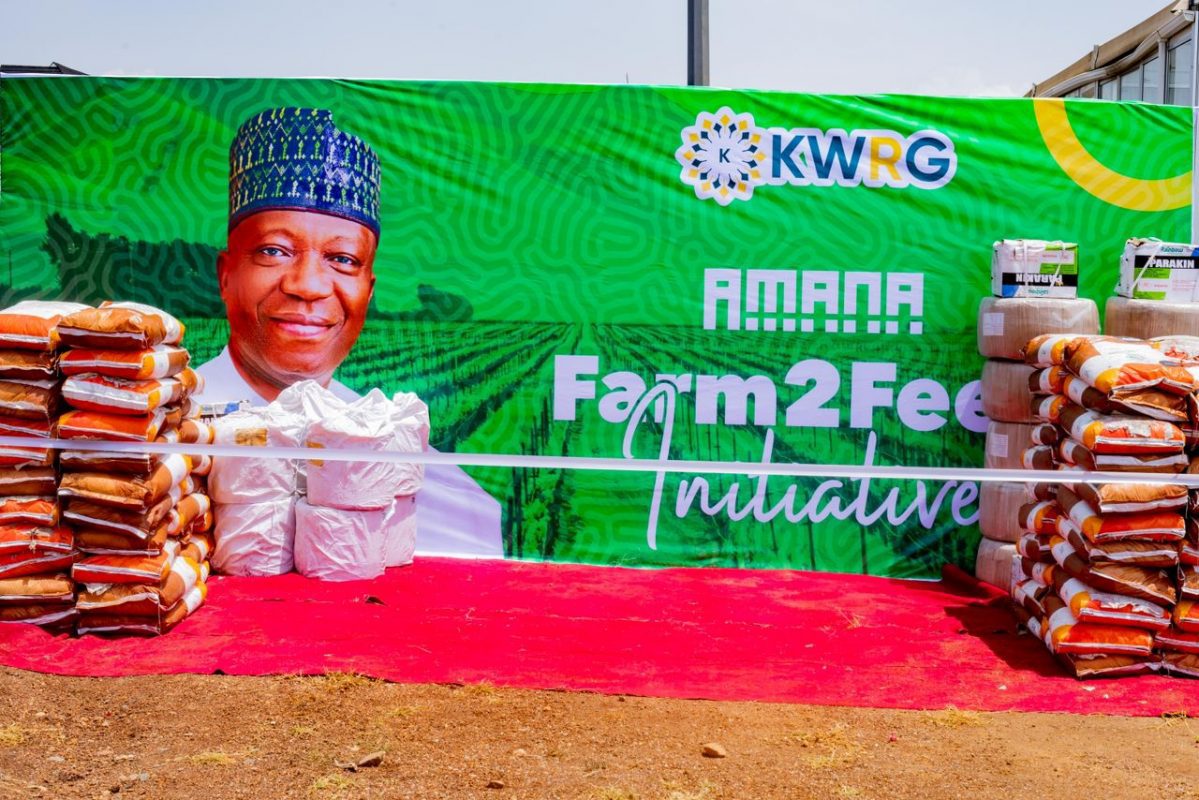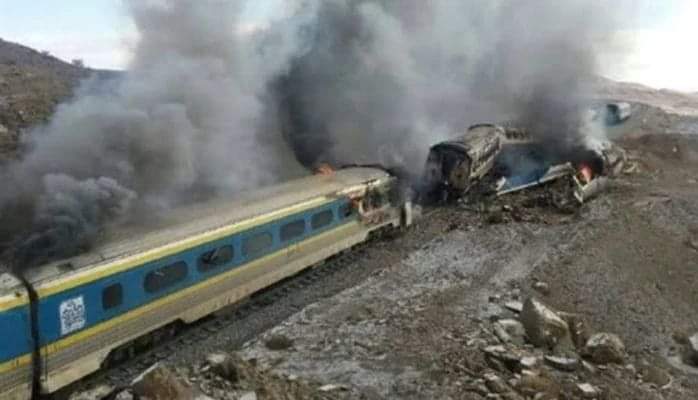NILDS and KWRG launch agricultural intervention to address food security in Kwara
Efforts by the government to achieve food sufficiency in Kwara State are gaining momentum through initiatives like free land clearing and the distribution of improved seedlings and fertilizers to local farmers.
During the launch of the first phase of the agriculture intervention program in Ilorin on Thursday, the Director General of the National Institute for Legislative and Democratic Studies (NILDS), Professor Abubakar Sulaiman, in collaboration with the Kwara Renaissance Group (KWRG), emphasized the program’s focus on addressing food security and the high cost of food in the country.

Professor Sulaiman highlighted that the intervention aims to complement the efforts of both the federal and state governments in ensuring food sufficiency. He stated that the program will enhance the capacity of local farmers in rice and other food crop cultivation within the state.
“It’s an inspiration borne out of the need to feed ourselves and feed the nation because we’ve been undergoing a lot of crises. Both federal and state governments have been doing their possible best, but they can’t do everything. We need to complement their efforts,” he said.
Professor Sulaiman noted that while many individuals are ready to farm and there is ample arable land, the challenge lies in assisting farmers with essential needs such as farm tools, supplements, fertilizers, land clearing, improved seedlings, and stipends. He explained that the initiative provides these resources to support farmers and improve their yields.
“As individuals that are resourceful, that have the reach and connection, we also need to complement farmers and governments on what they’re doing. What I’m doing today is in line with the capacity building of our institute to build the capacity of Nigerian farmers, so that we can grow abundant food to feed the nation,” he added.
The DG NILDS mentioned that registered beneficiaries were selected through an application process and that more farmers would be included in future phases of the ongoing project. He also stated that evaluation and monitoring would be conducted to assess progress on individual farms, which could contribute to a state government data bank to track the number of farmers, arable lands, and federal government assistance opportunities.
Professor Sulaiman called on others to emulate the initiative, saying, “We need to assist the underprivileged. And the underprivileged starts from our farmers. When you have food on your table, you have everything. When you are hungry, you have nothing.”
Ibrahim Toyeeb, a representative of the KWRG and a tomato farmer, explained that the Amana Farm2feed initiative could significantly increase prosperity among farmers in the state. He noted that while farm clearing for a hectare of land typically costs about N60,000, the initiative provides this service free of charge along with other incentives such as seedlings, agricultural education, and financial support for six months.
“KWRG also has a team that would do monitoring and evaluation of the beneficiaries to ensure we have good results from selected serious farmers,” Toyeeb said.






